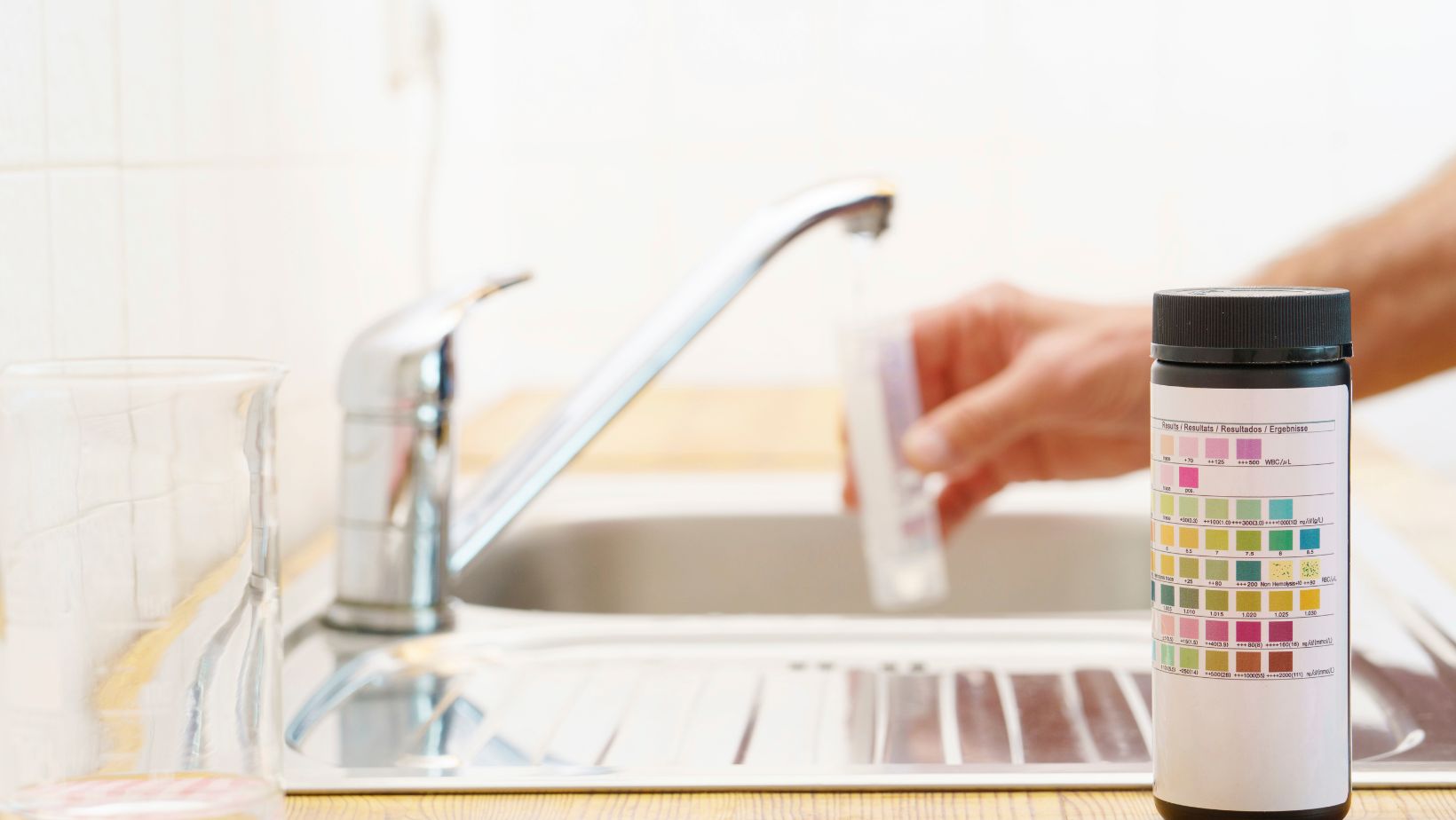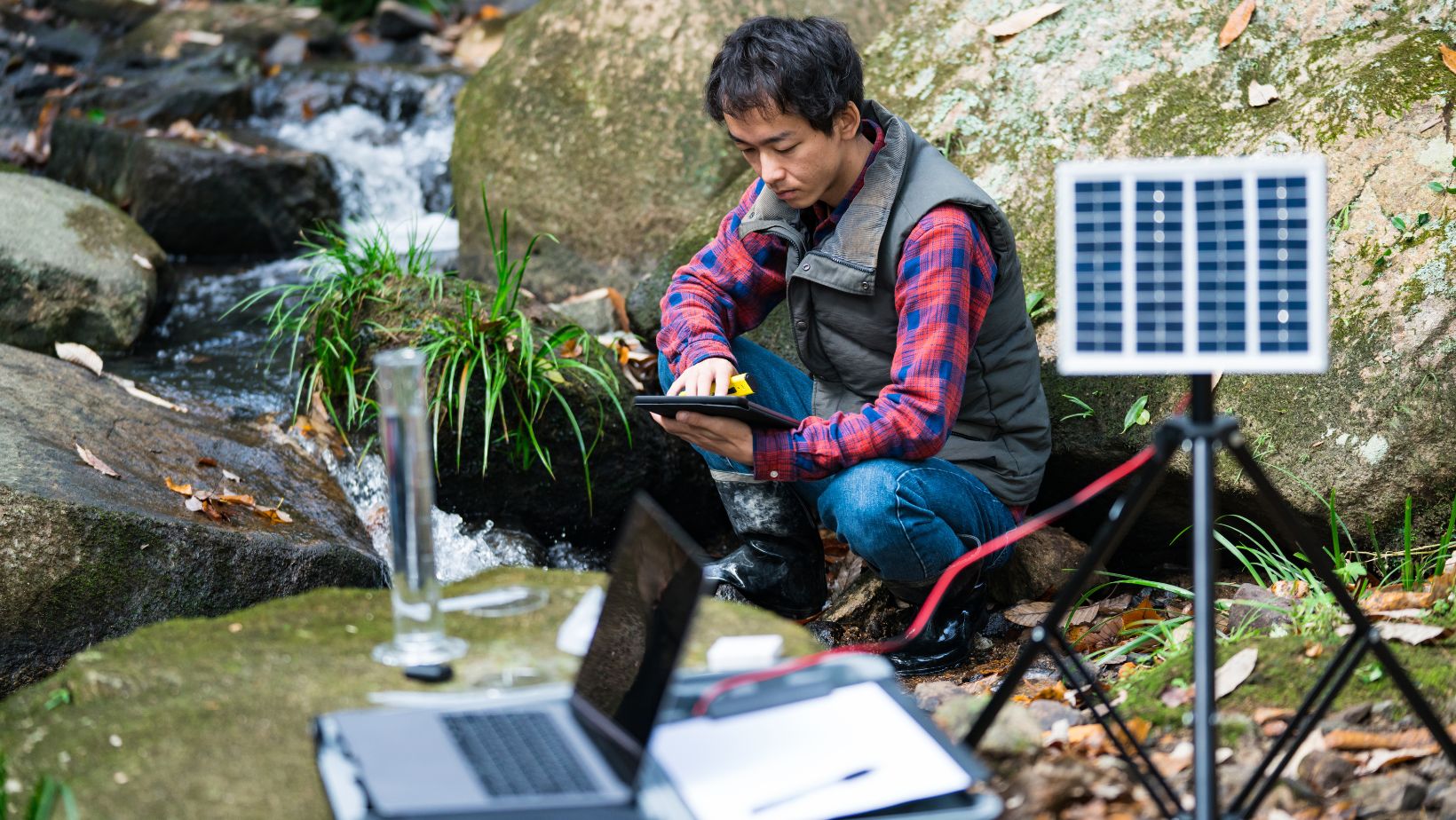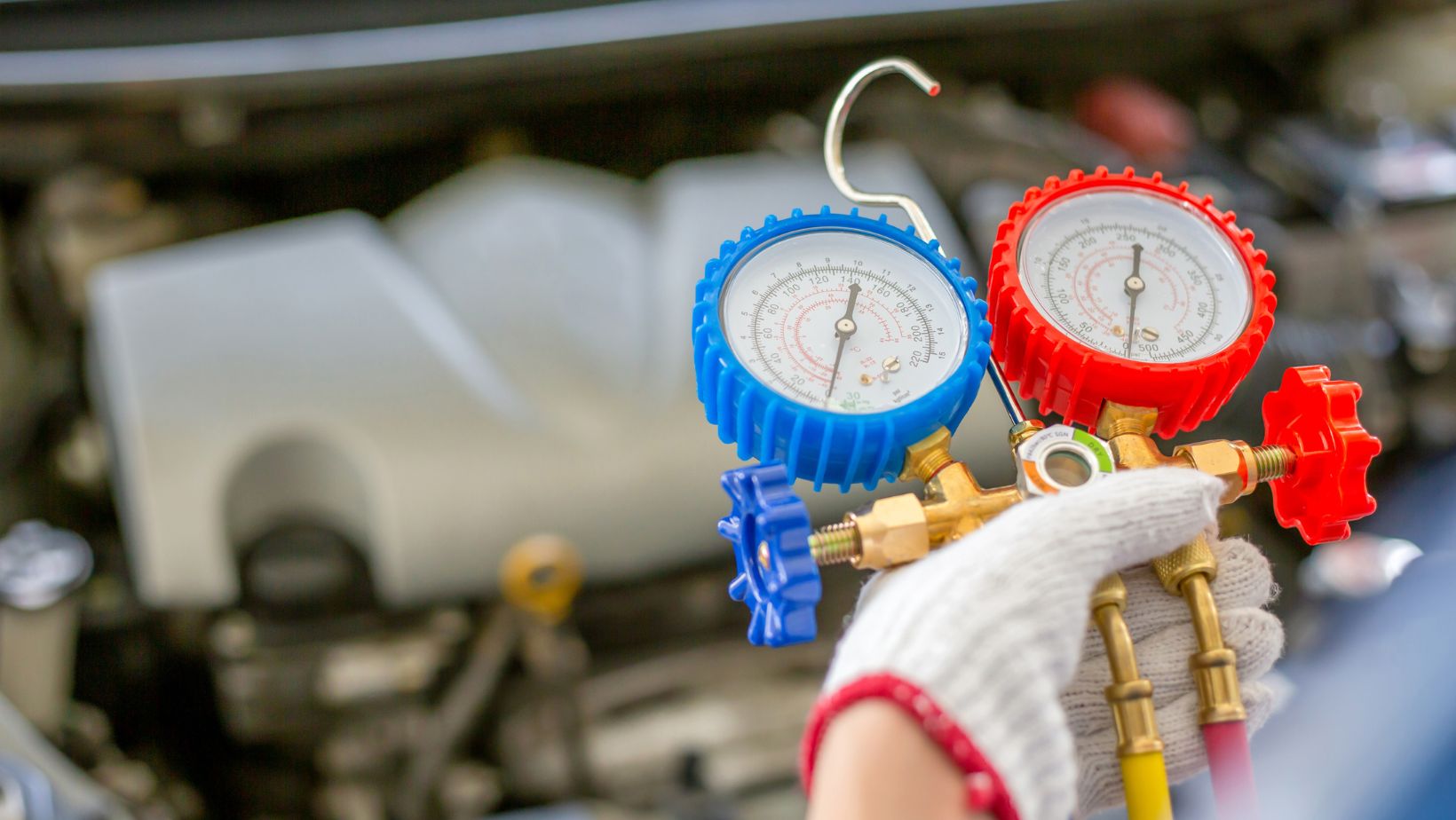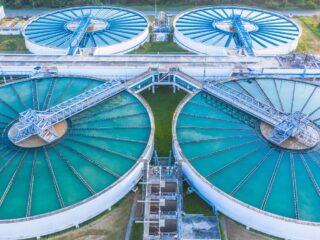
Management of water resources is important for sustainable living, and monitoring water usage is a key component of this endeavor. With advancements in technology, there is now a range of water monitoring tools available for homes, offering valuable insights into consumption patterns and opportunities for conservation. This article explores various water monitoring tools and how they can be utilized to promote efficient water usage in households.
Understanding the Importance of Water Monitoring Tools
Water monitoring tools for apartments have become increasingly essential in promoting responsible water management practices. These tools offer homeowners and tenants valuable insights into their water usage patterns, helping them identify areas of excess consumption and implement strategies for conservation. By providing real-time data on water usage, these tools empower people to make informed decisions about their water usage and take proactive steps to reduce waste.
Smart Water Meters: Real-Time Usage Tracking
Smart water meters are among homes’ most advanced water monitoring tools. These devices are installed at the main water supply line and provide real-time data on water usage, including consumption trends, peak usage times, and potential leaks. By accessing this information through a smartphone app or online portal, homeowners can track their water usage in real-time and identify opportunities for conservation. Smart water meters also offer features such as leak detection and usage alerts, helping homeowners prevent water wastage and minimize utility costs.
Flow Sensors: Monitoring Fixture Usage
Flow sensors are another type of water monitoring tool that can be installed on individual plumbing fixtures, such as faucets, showers, and toilets. These sensors measure the flow rate of water passing through the fixture and provide data on usage patterns and duration.

By tracking usage at the fixture level, homeowners can identify high-consumption areas and implement targeted conservation measures. For example, if a flow sensor detects excessive water usage during showers, homeowners can install water-saving showerheads or encourage shorter shower times to reduce waste.
Water Consumption Tracking Apps: Insights and Analysis
Water consumption tracking apps are smartphone applications that allow homeowners to input their water usage data manually or connect to smart water meters for automatic data collection. These apps give users valuable insights into their water usage patterns, including daily, weekly, and monthly consumption trends. Users can set water usage goals, receive notifications about potential leaks or abnormal usage, and access tips for conservation. Water consumption tracking apps empower homeowners to take control of their water usage and make informed decisions about conservation.
Whole-Home Water Monitors: Comprehensive Usage Analysis
Whole-home water monitors are comprehensive monitoring systems that track water usage throughout the entire household. These systems typically include sensors installed at various points in the plumbing system and a central monitoring hub that collects and analyzes usage data. By providing a comprehensive view of water usage patterns, whole-home water monitors enable homeowners to identify inefficiencies and implement targeted conservation strategies. These systems may also offer features such as predictive analytics and personalized recommendations for conservation.
Conclusion
In conclusion, navigating water monitoring tools for efficient home usage is essential for promoting responsible water management practices and reducing waste. Water monitoring tools for apartments provide homeowners and tenants with valuable insights into their water usage patterns, enabling them to identify areas of excess consumption and implement strategies for conservation.

From smart water meters and flow sensors to water consumption tracking apps and whole-home water monitors, a variety of tools are available to help homeowners track and manage their water usage effectively. By leveraging these tools and taking proactive steps to reduce waste, homeowners can contribute to a more sustainable future for generations.





